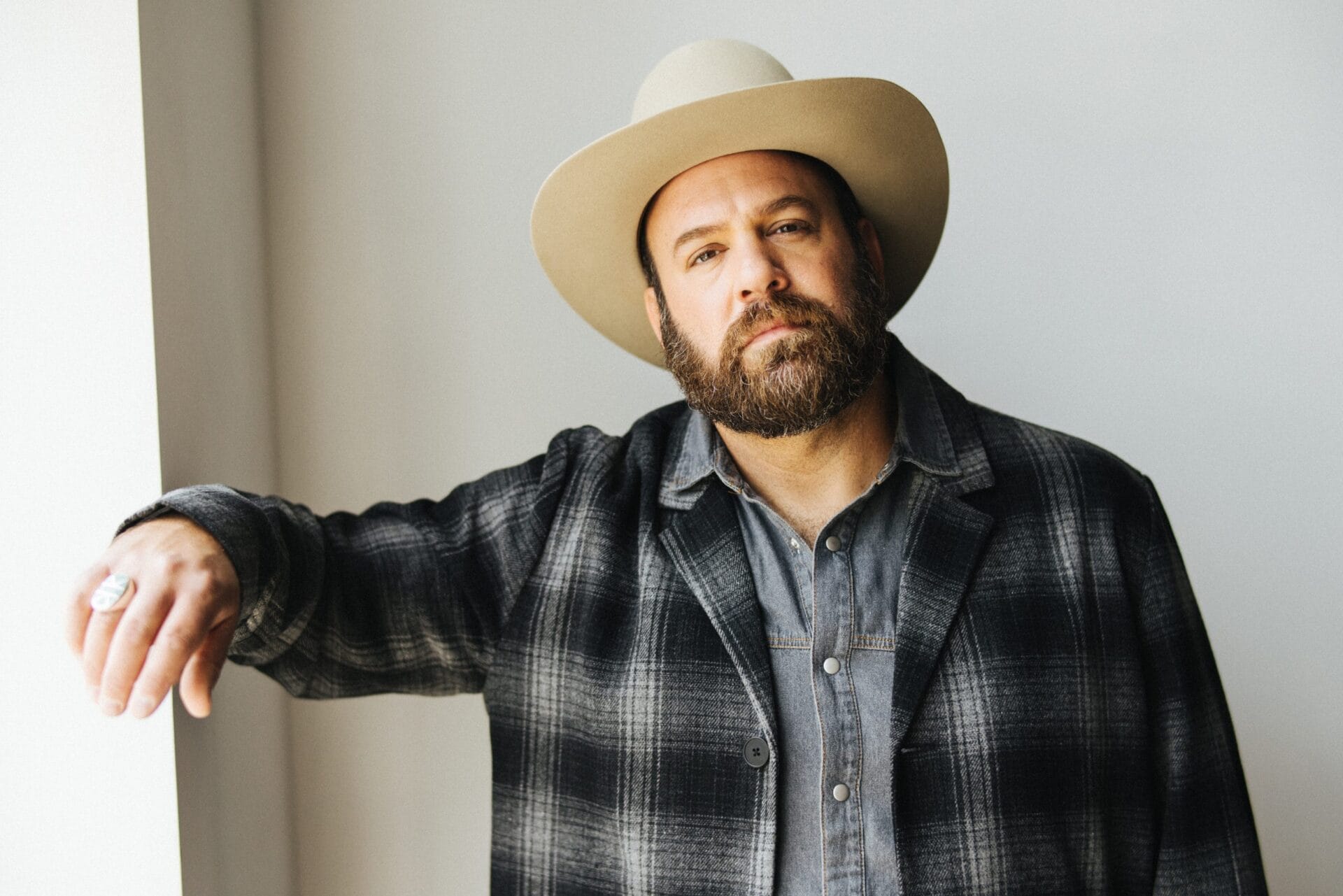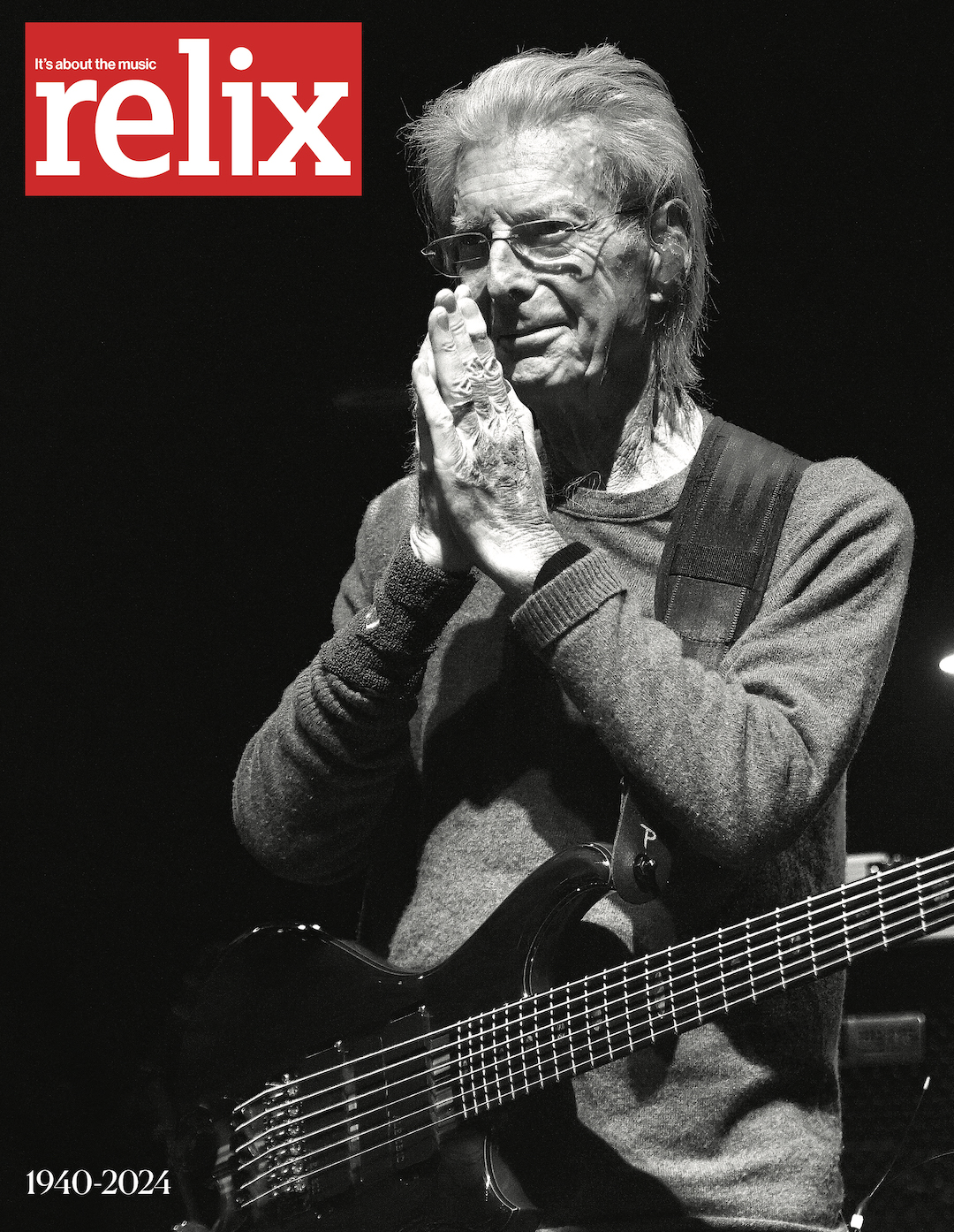My Page: Cris Jacobs “Bluegrass, Prozac And Transcendental Meditation”

photo: Joshua Black Wilkins
***
“Been waiting on an angel, or maybe just a simple sign/ Well is it desperation or just ordinary humankind?/ That feeling like you’re never, ever really gonna find/ Some old sacred place you made up one day in the back of your mind.” — “One of These Days”
I hit a wall at some point a little over a year ago. It had been a gradual build up over a decade— a subtle darkness that I couldn’t shake. I wouldn’t do anything about it or, God forbid, admit it, but I was stuck. I had lost the joy in my work and felt out to sea artistically. I was a distracted husband and father, trying to support a family and losing the battle to muster up any hope in my damn-near-impossible[1]on-a-good-day career. Finally, after a migraine that lasted literally three months straight, regularly sleeping only 2-3 hours a night, strained relationships, artistic droughts that seemed insurmountable, other health warnings and an endless negative thought loop that wouldn’t let up, I couldn’t pretend everything was OK anymore. I decided to get some help, and the professional opinion was that I checked all the boxes for clinical depression. My pride and ego had no choice but to accept it this time.
I made some changes. I started taking anti-depressants. I simplified and took more intentional inventory of my time, filling my days with the right “vitamins”—family time, guitar playing, reading and writing. Also, I discovered Transcendental Meditation—a simple technique of shutting everything out and focusing on a mantra, silencing the exterior noise and honing me into a feeling of centeredness and relaxation. The voices of self-doubt and feelings of uneasiness grew fainter. By focusing on this single word, rooted in ancient sounds, I was able to let go of thoughts and judgments and melt deeper into a place of peace, confidence and well-being. My headaches were gone. I was sleeping again. My blood pressure was perfect. I wasn’t arguing with my wife. I was present with my kids. Music excited me again. Was I, dare say, up for writing another record, a process that had turned into torture and self-loathing for me? Yes, I was. I felt like I had a new shield of armor to protect me from my same old creative pitfalls. But I wanted a North Star—an artistic mantra if you will, something to keep me rooted and protect me from my fatal habit of giving up after getting lost in the infinite abyss of the blank page.
When I was 16 and first heard Tony Rice play a flat top guitar, I was changed. I went ferociously down the rabbit hole of bluegrass and started taking music seriously, practicing for hours a day to try and catch up to it. It was spiritual music—sprung up from the earth, played on acoustic instruments of wood and steel that resonated perfectly together in sacred overtones. It was full of haunting melodies, stunning virtuosity—forms and structures that had stood the test of time for reasons, ancient reasons. Strumming a big old open G chord on my D-28 and having it vibrate in my bones is still addicting and intoxicating. It resonated way down deep and lit a fire that has propelled mostly everything I’ve ever done since. I would start here again. I called a new friend and longtime musical hero, Jerry Douglas, and asked him if he’d produce my new record. He said yes.
I called my pals The Infamous Stringdusters, one of the best damn string bands around, and they said they’d play on it. I decided I would start writing everything solely on that same Martin D-28 guitar. I began each writing session out in my barn, with a stack of my favorite records, some paper and a pencil—no phone, no computer, no fancy studio equipment. I’d listen to a steady diet of Doc Watson, Norman Blake, Tony Rice, Ralph Stanley, Bill Monroe, Ola Belle Reed, Dock Boggs, Muddy Waters, Lead Belly, Merle Travis, Buell Kazee, Bukka White, field hollers and work songs. I’d meditate, pick for a while, start singing and writing. I wasn’t trying to sound like the masters, but by staying tethered to that world—and having a simple anchor—I was able to transcend my ego and insecurities, tapping into that well that had been out of reach. In a few months, I had an album’s worth of songs—some stories, some confessionals, some blues, some barn-burners. I had finally gotten out of my own way and fended off that goddamn grim reaper of self-doubt and done the work. And I actually enjoyed doing it for a change.
We cut the record in one glorious week in Nashville, and it was one of the most fun records I’ve ever done. The Dusters absolutely killed it. We had Sam Bush, Lee Ann Womack, Billy Strings, Lindsay Lou, the McCrary Sisters and Ashby Frank all come through and contribute their beautiful souls to these songs. Jerry guided the whole process with his master ear, taste, wisdom and all around great vibe.
It was magical. The performances were inspired. I had unstuck myself and moved forward. I’m not sure if it was the meds, the mantras or the music, but it worked.
I’m still a work in progress, and I’m definitely not ashamed to admit that it was the best thing I could’ve done. I’ve been so lucky in life. My issues are minuscule in the grand scheme of things, but life’s too short to be stuck. There are songs to write and people to love. Onward we go.
**
Cris Jacobs is a singer-songwriter from Baltimore, Md. He will release his new album, One of These Days, on April 26.




















